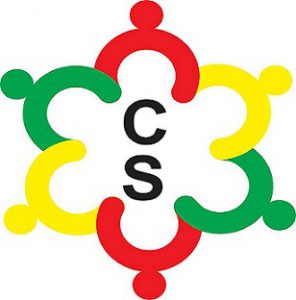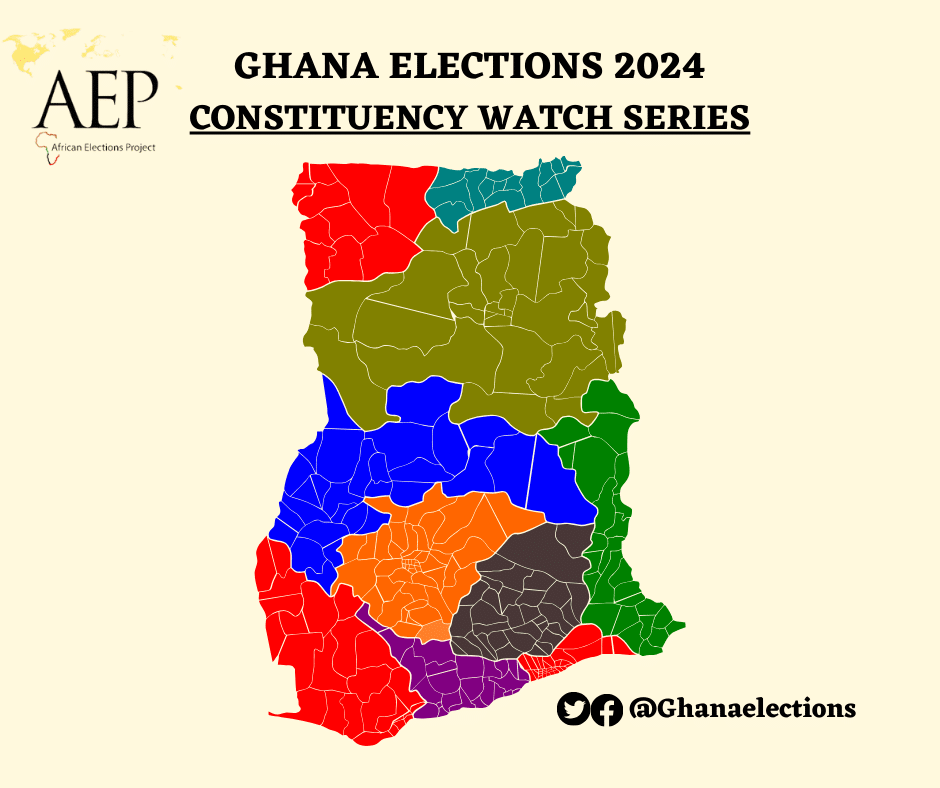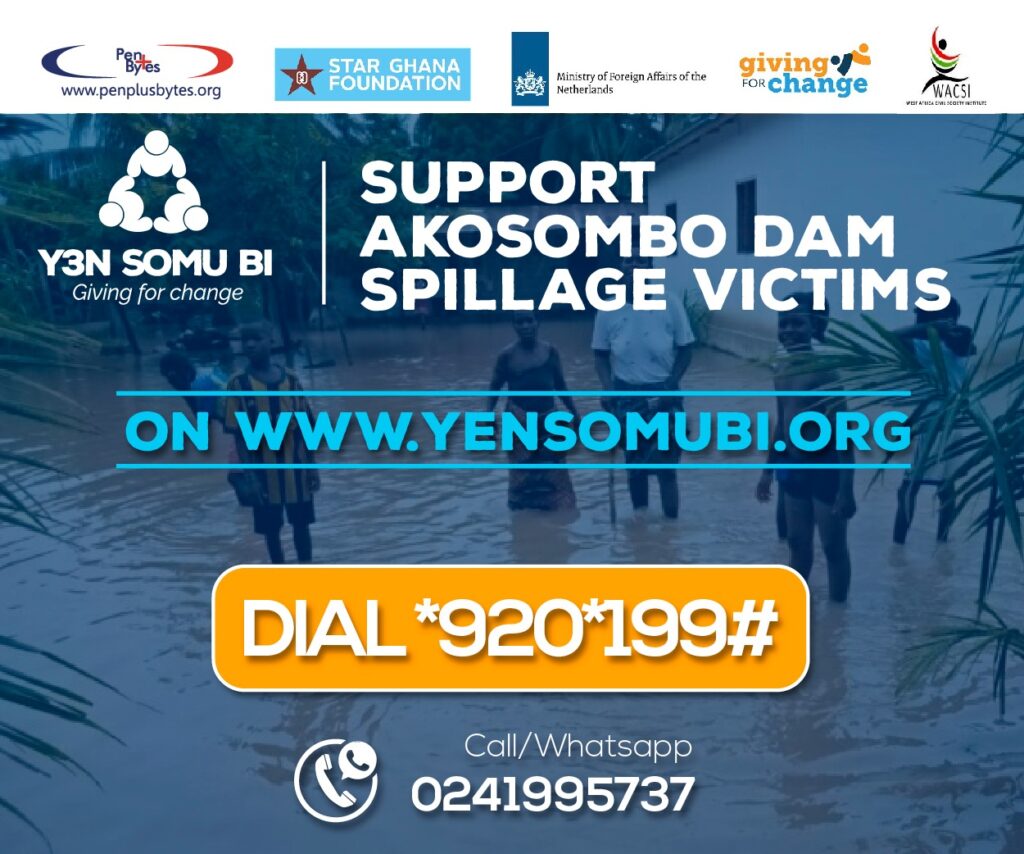For any well-meaning institution, a year after inception represents a moment for sober reflections on whether or not they have found a firm footing within an enclave.
It also represents a time when successes and failures are measured to applaud rights and correct wrongs respectively.
The Civil Society platform (CS Platform) made up of about 12 civil society groups, including Penplusbytes, was created to advocate for civil society inclusiveness in the IMF bailout negotiation. The bailout aimed to restore debt sustainability and macroeconomic stability to foster a return to high growth and job creation, while protecting social spending.
The International Monetary Fund (IMF) in April 2015, approved a three-year arrangement for Ghana of about 918 million US dollars in support of Ghana’s medium-term economic reform program. So far, 343.7 million dollars has been received.
Since the agreement was signed the group has been monitoring the implementation of the program as well as tracking public financial management. Penplusbytes has been heavily involved, collecting citizen inputs on aspects of the budget and feeding them with relevant information on project implementation.
The CS platform says it has been resolute in its mandate and has remained autonomous even though it hasn’t all been rosy. After almost a year in existence, the platform has engaged stakeholders using multiple forums, social media mobilization and other digital interactive platforms.
It has also gained credibility both locally and internationally for its autonomy and for leading the Parliament of Ghana to take more seriously the process of passing a public finance management bill after different and incessant calls for such legislation have been made without success. Recently a group from Cambodia and East Timor who have heard about the work of the CS Platform sought out and met with members of the platform to hear about the work they’ve done, their experiences and the lessons learned so far.
With plans to extend its activities after the period of the IMF bailout, a major challenge now is how to retain the interest of individual members and to encourage their participation. A primary need will be funding. The question is which corporates or other donors will be leading the way to make ‘accounting to the people’ more than just a popular slogan.






